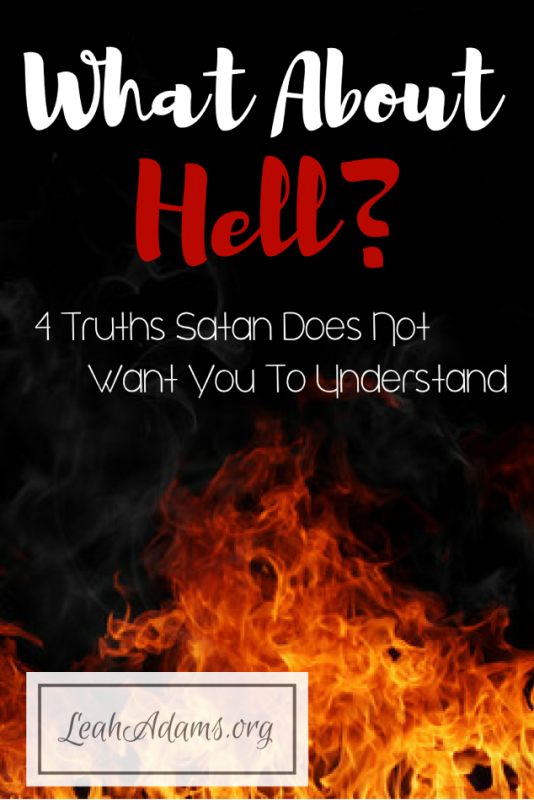Welcome back to our visit with the seven churches of The Revelation. Today we enter Smyrna, and learn a bit about the second of the seven churches. The word Smyrna means ‘bitter,’ and is related to the word myrrh, a fragrant spice or perfume obtained when the bark of the flowering myrrh tree is pierced or crushed. This was a perfect name for this church because it was persecuted (crushed) for its faithfulness to Christ. Let’s read what Jesus has to say to this congregation.
Revelation 2: 8-11
8 “To the angel of the church in Smyrna write: These are the words of him who is the First and the Last, who died and came to life again.
9 I know your afflictions and your poverty–yet you are rich! I know the slander of those who say they are Jews and are not, but are a synagogue of Satan.
10 Do not be afraid of what you are about to suffer. I tell you, the devil will put some of you in prison to test you, and you will suffer persecution for ten days. Be faithful, even to the point of death, and I will give you the crown of life.
11 He who has an ear, let him hear what the Spirit says to the churches. He who overcomes will not be hurt at all by the second death.
The Church
- This reference about Smyrna is all we know about the church. It is assumed that this church was probably started by Paul or one of his disciples.
- Many of the Jews at Smyrna were slaves and were destitute. Those who had previously owned worldly goods probably lost them in the persecution.
- These Christians who were persecuted for their faith had likely refused to worship Caesar. Refusing to worship Caesar was a capital offense.
- The Christian faith had not been recognized as an official religion at the time of the writing of The Revelation, so many Christian Jews still attended the temple. This did not set well with the religious Jews. In AD 90 a document was circulated that was named “Curse of the Minim” that seemed to be an official effort to divest the temple/synagogue worship of all Christians who claimed to also be Jewish. (Keep this in mind. We will hear more about it later.)
- Polycarp was likely the ‘angel’ at the church at Smyrna. He was probably born around AD 69 or 70, and served Christ for 86 years by his own admission at the time of his execution.
- The Christians at Smyrna loved Christ and remained faithful to Him. Because of that faithfulness they were hated and persecuted, which brought forth a greater love for Christ. An upward cycle of increasing love.
Smyrna – The City
- Today the city is called Ismir and is the third largest city in Turkey.
- Smyrna may have been settled as early as 3000 BC, but the first Greek settlement was around 1000 BC.
- It was on the direct trade route between India, Persia and Rome
- The city began at the sea and ascended to the top of Mount Pagus. On the trip to the top of the mountain, one passed temples to Cybele, Apollo, Aesculapius, Aphrodite, and close to the top, Zeus. Smyrna, as previously noted, was a center of Caesar worship.
- Those who worshipped Caesar were required to bow down at least once per year and proclaim that ‘Caesar is Lord’.
- Smyrna is reputed to be the birthplace of Homer
- The execution of Polycarp happened here on February 23, AD 155.
- There was a large Jewish community in Smyrna in John’s day.
Christ’s Greeting to the Church
- “ …..him who is The First and the Last, who was dead, and came to life.”
- Jesus wanted them to know He could identify with their persecution.
- “First and Last” is an OT title for God, and it’s use here lets us know that Jesus’s equaliity to God.
- This is also a reminder that Jesus knows all that goes on with His church and ultimately controls it. He transcends earthly matters.
People other than the City Folks – v. 9
- Those who say they are Jews and are not….
- There were likely Jewish (by birth) people who were spiritually pagans. They were probably the source of persecution for the Smyrna church.
- Because they rejected Jesus as Messiah, they were a tool of Satan just as much as those who worshipped Caesar. John 8: 37-45
This church was poor in worldly goods, but as we will see next week, they were rich in what matters. See you next Monday.









